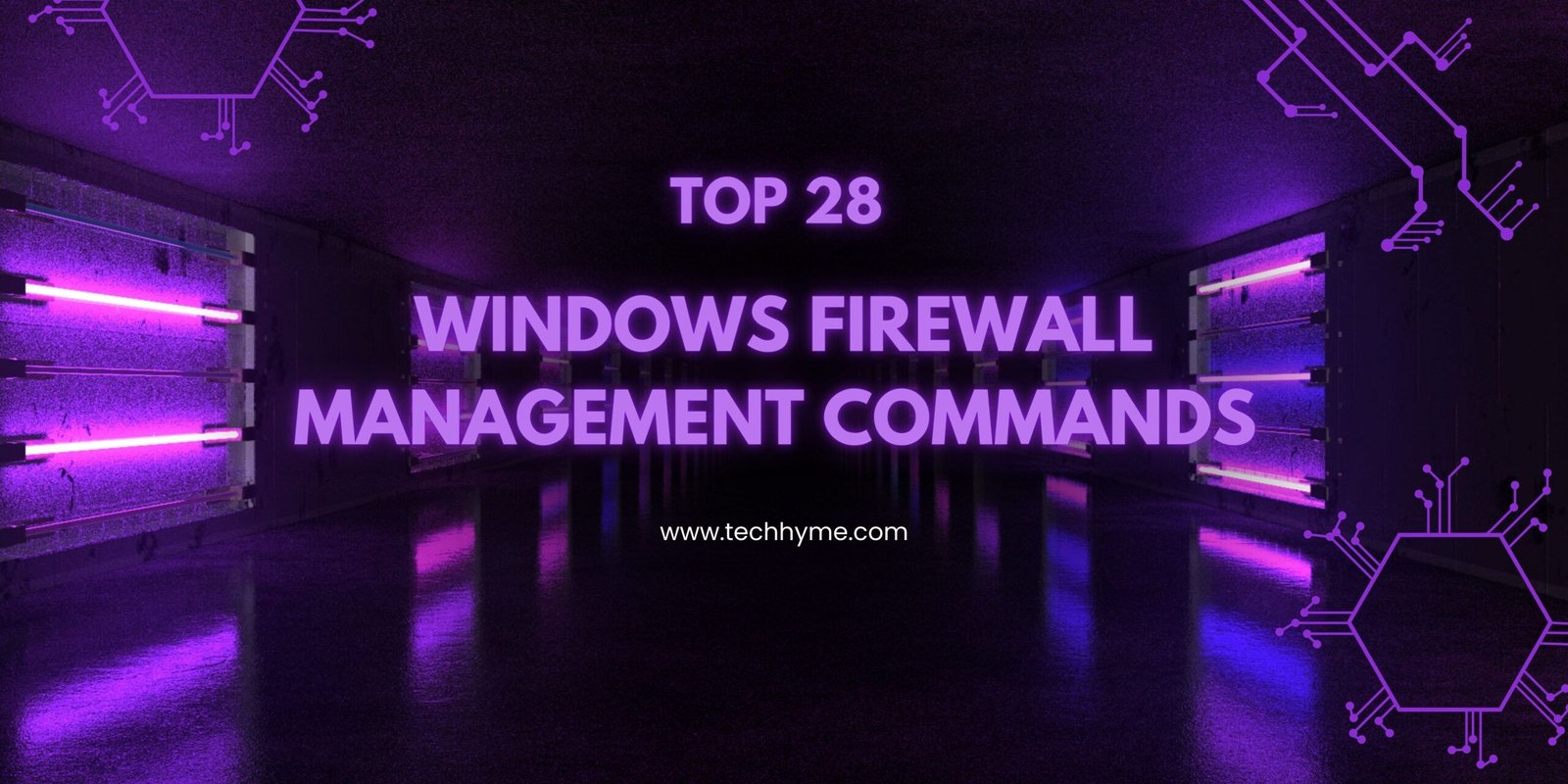
In today’s interconnected world, where technology continues to advance at a rapid pace, the importance of cybersecurity cannot be overstated. As businesses and individuals rely more heavily on digital platforms, the demand for skilled cybersecurity professionals has surged. In 2023, the cybersecurity landscape offers a plethora of exciting career opportunities for those interested in protecting digital assets and information.
Here are twelve of the best careers in cybersecurity this year:
- Cloud Security
- DevSecOps
- GRC Analyst (Governance, Risk, and Compliance)
- Threat Intelligence Analyst
- Malware Analyst
- Incident Responder
- Red Team Operator
- Security Awareness Trainer
- SOC Analyst (Security Operations Center)
- Penetration Tester (PenTester)
- Blockchain Security Specialist
- Cybersecurity Leadership (Heads, Managers, CISOs)
1. Cloud Security
With the widespread adoption of cloud computing, the demand for experts in cloud security has skyrocketed. Professionals with knowledge of various cloud platforms like GCP, AWS, and Azure are sought after to ensure the protection of sensitive data stored in the cloud.
2. DevSecOps
The integration of security into the DevOps process has given rise to the field of DevSecOps. Professionals in this area possess both development and cybersecurity skills, making them crucial in bridging the gap between software development and security implementation.
3. GRC Analyst (Governance, Risk, and Compliance)
Governance, Risk, and Compliance analysts play a pivotal role in assessing risks, developing security controls, and maintaining compliance with regulations. Their expertise is essential in establishing robust security practices within organizations.
4. Threat Intelligence Analyst
Threat intelligence analysts are the frontlines in identifying potential cyber threats and vulnerabilities. They analyze the ever-evolving threat landscape, enabling companies to proactively strengthen their security posture.
5. Malware Analyst
In the face of escalating ransomware attacks and other malware threats, skilled malware analysts are indispensable. These professionals dissect malicious code to understand its behavior and develop strategies to mitigate its impact.
6. Incident Responder
When a cybersecurity incident occurs, incident responders are the heroes who step in to contain, investigate, and remediate the situation. Their quick thinking and technical expertise are crucial in minimizing damage and preventing future breaches.
7. Red Team Operator
Red team operators simulate real-world attacks to assess an organization’s vulnerabilities. By employing tactics, techniques, and procedures (TTPs) similar to those used by actual adversaries, they help organizations fortify their defenses.
8. Security Awareness Trainer
Creating a culture of cybersecurity awareness is vital in preventing human-related security breaches. Security awareness trainers design and implement training programs that educate employees and executives about best practices and potential threats.
9. SOC Analyst (Security Operations Center)
Security Operations Center analysts play a critical role in monitoring and responding to security alerts. They analyze data from various sources to detect and mitigate threats in real-time, ensuring the organization’s security.
10. Penetration Tester (PenTester)
Penetration testers assess an organization’s vulnerabilities by attempting to exploit them, mimicking the techniques of malicious hackers. Their findings help organizations identify weaknesses and shore up defenses.
11. Blockchain Security Specialist
As blockchain technology becomes more prevalent across industries, experts in blockchain security are in high demand. These professionals ensure the integrity and security of blockchain-based systems and transactions.
12. Cybersecurity Leadership (Heads, Managers, CISOs)
With the increasing emphasis on cybersecurity at the organizational level, the need for cybersecurity leaders, such as Heads, Managers, and Chief Information Security Officers (CISOs), has grown significantly. These professionals set strategic directions, manage resources, and guide the overall cybersecurity strategy.
In conclusion, the cybersecurity landscape in 2023 offers a multitude of exciting career opportunities for individuals passionate about protecting digital assets and data. From cloud security to leadership roles, the demand for skilled professionals continues to rise as organizations recognize the importance of robust cybersecurity practices in today’s digital age.
Whether you’re just entering the field or looking to advance your career, the diverse range of roles ensures that there’s a path for everyone in the ever-evolving realm of cybersecurity.









This Post Has 5 Comments